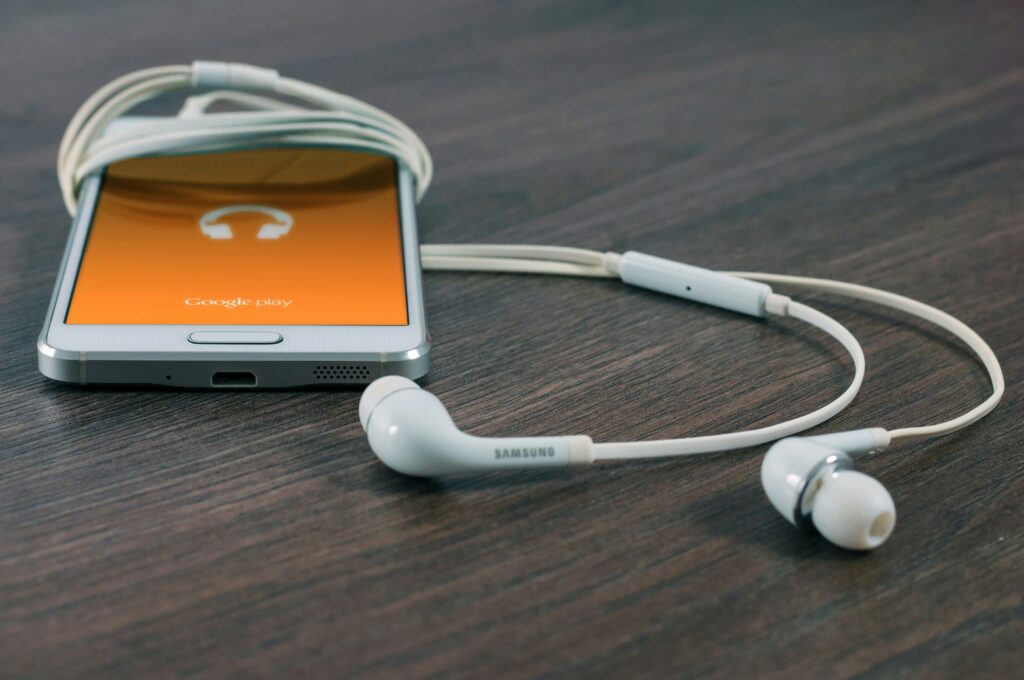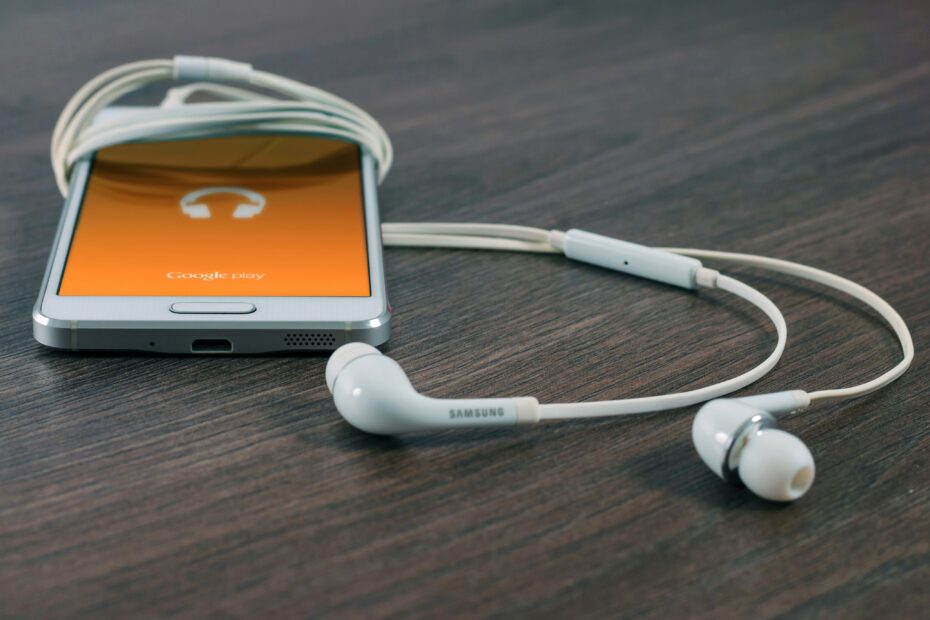By Christina Grivas

In today’s educational landscape, fostering engaging and interactive learning experiences is paramount. As educators, exploring innovative teaching methodologies is key to captivating students’ attention and enhancing their learning journey. One such avenue that has gained significant traction is the utilization of podcasts as an effective oral assignment tool. The benefits of incorporating podcasts into high school curriculum for oral assignments, and providing teachers with insights into its potential impact on students’ learning and development is explored in this article, which also ends with a ready to use unit.
Embracing Technological Fluency:
In an era dominated by digital advancements along with the popularity of podcasts, leveraging technology in education is pivotal. Introducing podcasts as an oral assignment not only exposes students to varied digital platforms but also cultivates their technological fluency. Crafting, recording, and editing a podcast necessitate the use of diverse software and equipment, thereby honing students’ technical skills.
Cultivating Communication Proficiency:
Effective communication is a cornerstone of success in academia and beyond. Podcast assignments offer a unique avenue for students to refine their oral communication skills. From scriptwriting to verbal delivery, students engage in a comprehensive communication process, learning to articulate their thoughts coherently and confidently—an invaluable skill in today’s communication-centric world.
Fostering Creativity and Critical Thinking:
Podcasting encourages students to unleash their creativity and critical thinking skills. Crafting a compelling podcast necessitates brainstorming, researching, and organizing ideas coherently. It prompts students to delve deeper into subject matter, fostering a deeper understanding while stimulating their creativity to present information in innovative and engaging ways.
Promoting Collaborative Learning:
Collaboration is a fundamental skill in the 21st-century workforce. Podcast assignments offer a collaborative platform wherein students can work in teams, pooling their diverse talents and perspectives. Collaborative podcast projects nurture teamwork, compromise, and collective problem-solving—skills imperative for future professional endeavors. Despite the advantages of teamwork, podcast assignments also allow for students to choose to work independently alongside other classmates working in teams.
Enhancing Engagement and Ownership of Learning:
Traditional oral assignments can often limit students’ engagement when topics are provided for them. Podcasting, however, piques students’ interest due to its contemporary appeal. Students take ownership of their learning as they delve into topics of personal interest, thereby fostering a sense of autonomy and motivation, hopefully leading to more enthusiastic participation and higher-quality work.
Inclusivity and Accessibility:
Podcasts cater to diverse learning styles and abilities. For students who thrive through auditory learning, podcasts offer an alternative means of comprehension. Additionally, creating podcasts allows students with varied strengths—such as storytelling, audio editing, or research—to shine, fostering a sense of inclusivity within the classroom. When the class podcasts have all been created, there will be great joy in sharing them with one another and even perhaps beyond the classroom walls.
Implementation Strategies:
To integrate podcasts effectively into the curriculum, educators can begin by introducing students to various podcast formats, providing guidance on scriptwriting, recording techniques, and editing software. Offering resources on narrative structure, storytelling, and effective communication can further augment students’ podcasting skills.
The incorporation of podcasts as oral assignments in high school education presents a myriad of advantages that extend beyond the confines of traditional assessment methods. By embracing this innovative approach, educators can cultivate essential skills, enhance engagement, and empower students to thrive in a rapidly evolving world. As high school educators, embracing podcasts as oral assignments can revolutionize the learning experience, equipping students with a diverse skill set essential for their academic and professional pursuits.
Finally, here is a ready to use podcast unit that was designed for a secondary 4 ELA class. The unit typically takes between six to eight weeks and the hyperdoc includes handouts, resources and links.
